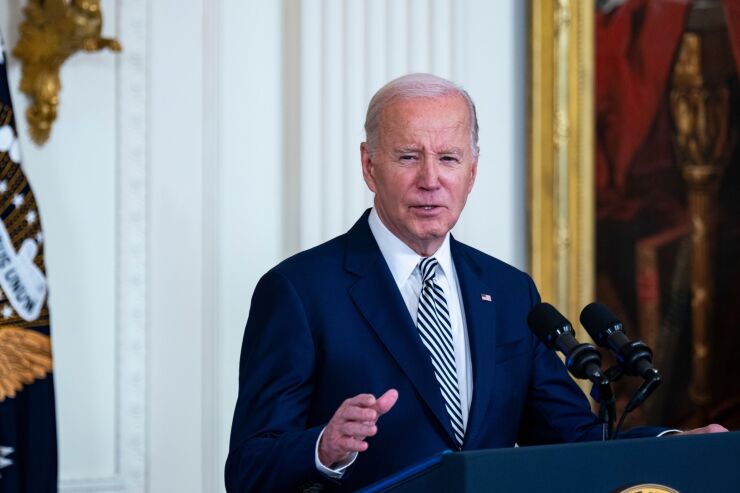President Biden introduced an executive order on Monday that aims to
Industry leaders across every sector have been looking for
"We've been advocating for these types of orders," says Sultan Saidov, co-founder and president of Beamery, an AI-powered talent management solution. "I was positively surprised by how deep and broad the order went, speaking to not only the usual narrative around AI, but one that also captured supporting workers."
Read more:
Under the executive order, the President called on employers to mitigate the harm and maximize the benefit of AI for workers by addressing job displacement, labor standards, workplace equity, health and safety and data collection. The order also urges the regular production of a report on
"When we look at previous technology waves, there were tons of dislocated people during each major industrial revolution, and we had to have lots of new regulations for workers' rights, which often took decades, " Saidov says. "This order is a phenomenal attempt to get ahead of that, rather than do it reactively once people do start losing their roles."
As for how this
Larger companies at the forefront of AI development such as Google, Meta and Microsoft shouldn't see any pressing change, according to Saidov, seeing as
Read more:
"All organizations using AI will have to start thinking about common best practices and principles," he says. "And while the order doesn't necessarily make this happen overnight, it does foretell of both emerging standards and regulations being essentially placed on the horizon."
And while there is
"The government's involvement, in the grand scheme of things, is great to see," he says. "But I do think that there are details that are not yet fleshed out that will make this all much more practical. Right now, this is just about setting the foundation rather than being precise in what is expected in the long term."






